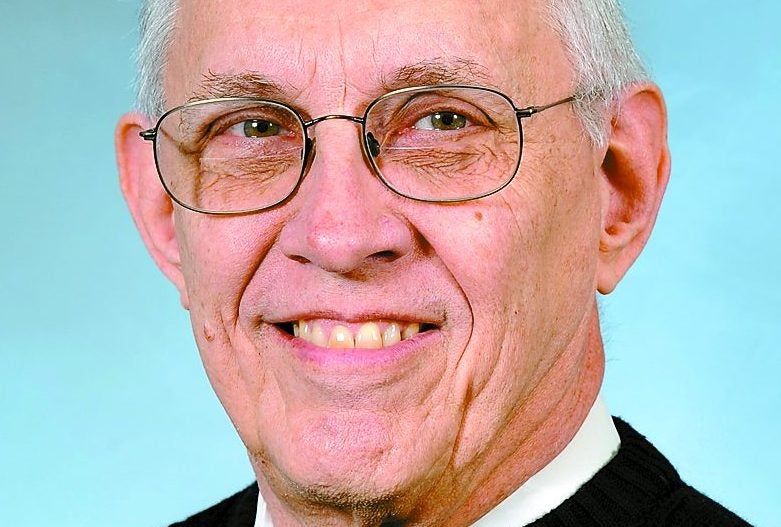An opinion is a valuable thing, put your name on it
Published 8:39 am Tuesday, July 31, 2018

- Chuck Witt is a retired architect and a lifelong resident of Winchester.
One of the greatest privileges that Americans possess is the freedom of speech.
Along with the other freedoms guaranteed in our First Amendment, this freedom carries with it not only great power but great responsibility.
This freedom is exercised by individuals, publications and other media, and it has been jealously guarded over two centuries, rarely abridged except during time of war.
Of course, it is not unlimited, as Justice Oliver Wendell Holmes stated in Schenck v. United States in 1919, when he noted falsely shouting fire in a crowded theater was not protected speech.
Unfortunately, this declaration was coupled with the court’s decision speaking out against the war (World War I) was not protected speech, a ruling that was only partially overturned in 1969.
Freedom of the press is closely allied with freedom of speech and the former could be easily equated with the latter in cases of law.
For instance, editorial opinions certainly fall under the aegis of freedom of the press, but those opinions are simply speech disseminated in the form of the written word and contained in publications.
Newspaper editorial opinions are also protected to an additional extent because the reader is hardly ever aware of who precisely is the author of the opinion.
It may well be the editor of the paper, but could also be a member of the staff, all of whom are afforded a degree of anonymity because they are not required to append their name to an opinion. But those who disagree with these opinions have every right to express that disagreement in a letter to the editor.
Anonymity does not apply to columnists, like those of nationally- and regionally-known authors who regularly append their names to whatever is published, columnists like Paul Krugman, E.J. Dionne, Clarence Page, Tom Eblen and the columnists in this paper.
Unlike the very early years of this country — and certainly before its formal founding — writers frequently use aliases when writing in the papers and publications of the time, often to avoid prosecution or persecution. Ben Franklin wrote under the pseudonyms Silence Dogood, Harry Meanwell, Alice Addertongue, Richard Saunders and Timothy Turnstone, to name just a few.
The point of all this is today’s columnists write with the full knowledge their words are subject to scrutiny and critique on a very personal basis, and willingly accept that condition.
Letters to newspapers and other publications are almost always accepted as counterpoints to opinions by columnists, but virtually all publications require the letter writer to identify himself or herself, just as the columnist has done.
Sometimes columnists will receive anonymous missives, penned to refute or argue points in something already written.
But this type of anonymity, while certainly allowable, seeks to abrogate the very essence of free speech, that of responsibility for what is said.
The anonymous writer lacks courage, refusing to accept response to, or responsibility for, his or her thoughts, merely wishing to state their case without the potential of rebuttal.
Someone wanting to rebut an opinion of an editorial can do so in the very publication in which the original opinion was published, but not anonymously.
An anonymous letter written to a columnist — or anyone else — does not deserve examination.
He or she who writes anonymously does not deserve an audience and such writing should be relegated to the waste bin, without reading.
An opinion is a valuable thing, and worthy of attribution, even if it is not well-received or appreciated.
Chuck Witt is a retired architect and a lifelong resident of Winchester. He can be reached at chuck740@bellsouth.net.




